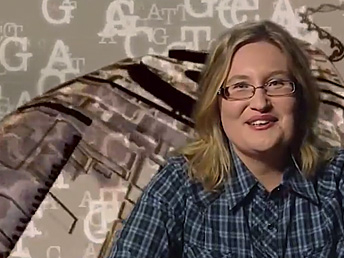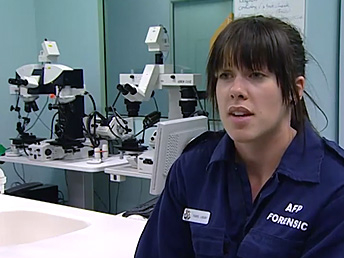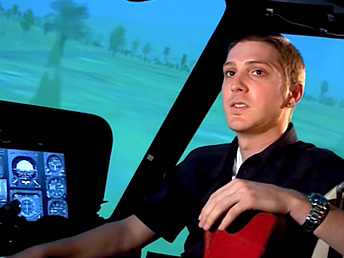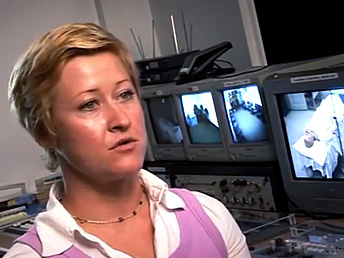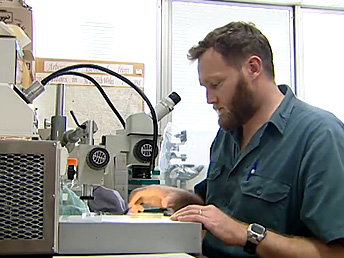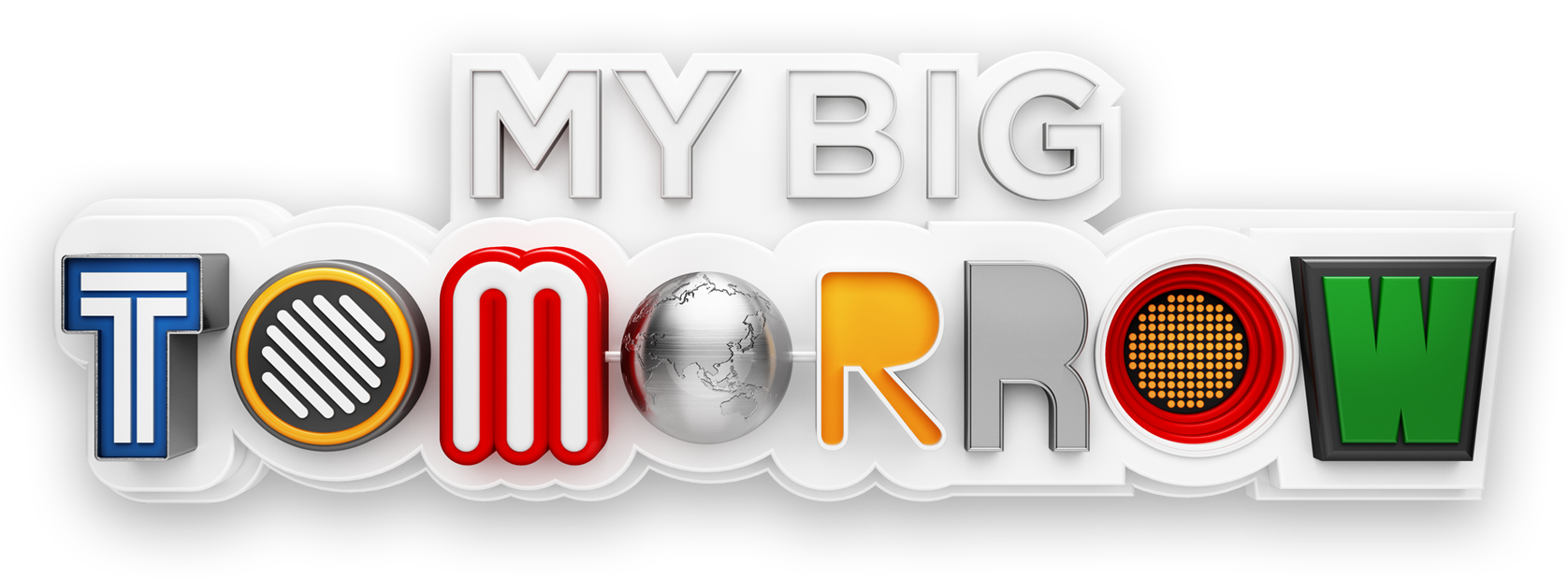
Sleep Researcher
As a sleep researcher you will carry out investigations for lots of different reasons like basic science understanding or for a patient focus.


What the job looks like
Salary expectation
starts at $24,000 up to $60,000+

The good
- Working with lots of different people
- Potential to travel
- Presenting your findings at conferences
- Helping people and solving problems
- Making new discoveries
- Coming up with new ideas
The not so good
- Irregular hours
- Relying on funding to pay for your research
As sleep impacts on all areas of human health, research can lead to solutions for things like sleep disorders, fatigue, behaviour or safety concerns for shift workers. Making new discoveries or seeing the actual results of your work used to help people is the rewarding part of a research career.
You will use a range of equipment and conduct various experiments and surveys to gather data as a researcher. This includes using electrodes to measure brain waves, muscle tone and eye movements that can measure a person's sleep patterns and monitor fatigue. The patterns are then transferred to computer software that records all the data.
Mathematics is a big part of understanding all the data you collect. Statistics from all your experiments will form an evidence base for your research.
All this data is then written up into a report for publication which can be used to inform solutions for various industries including defence, aviation or rail to help combat staff fatigue. You will be talking to different industry representatives so good communication skills are also important.
If you enjoy psychology, like working as part of a team and enjoy solving problems, then a career as a sleep researcher could be for you.
We are really close to getting a fatigue model that can predict accurate patterns of sleep, that’s exciting.
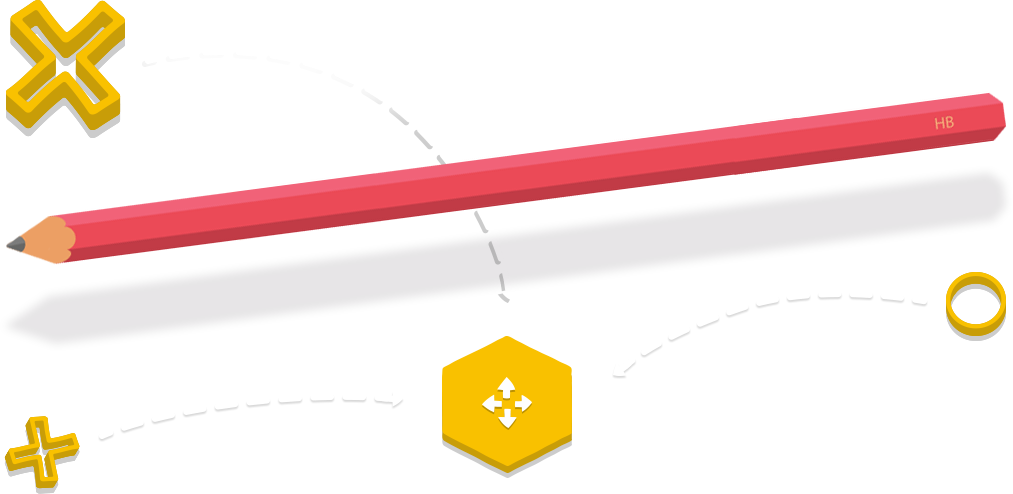
Pathways to this career
Subject suggestions for the HSC
Choosing your HSC subjects from this list could really help with your career. Think carefully about what you want to study after school as you might need to choose specific HSC subjects for that course and to count towards your ATAR (Australian Tertiary Admission Rank). An ATAR is your academic rank in relation to other HSC students and helps with University admission.
HSC subjects
Some subjects will count towards your ATAR, others will not. Check with your career advisor before making subject selections.
- English (Advanced or higher)
- Mathematics (2 unit or higher)
- Biology
- Information Processes and Technology
What can I do after I have finished school?
University degrees
Studying one of these degrees can help with your career.
- Bachelor of Science
- Bachelor of Mathematics
- Bachelor of Psychology
Suggestions
Check out the University of South Australia for more information
- Talk to your teachers about the sort of maths and science you might do as a researcher
- Researchers with maths and science skills can be employed in lots of different areas so keep your options open
- Go to career expos and events like university Open Days for information about what you will study
